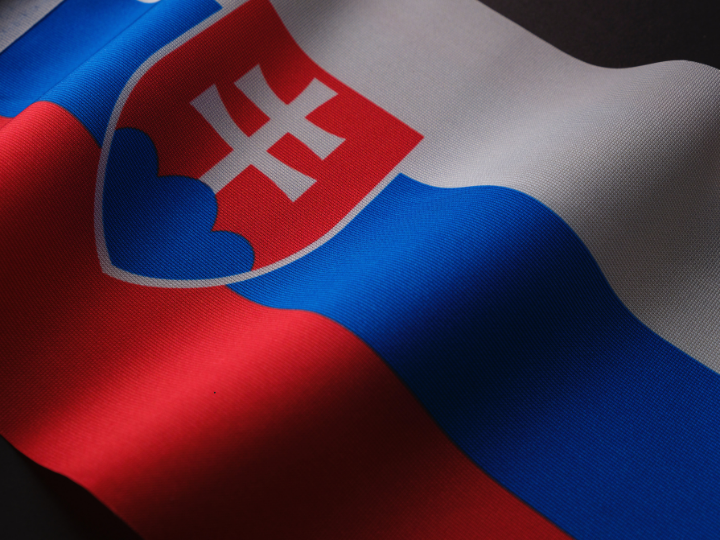by Barbara Zmuskova and Lucia Yar
Only four of the nine parties likely to get into parliament after the 30 September snap elections support sanctions against Putin’s regime, with frontrunner Smer wanting to “evaluate their efficiency”, according to an analysis.
Most Slovak parties have unclear or opposing positions to new Russia sanctions, making Slovakia a possible ally of Hungary when voting after September.
The four supporters are poll runner-up Progressive Slovakia (Renew), libertarian SaS (ECR), EPP-aligned Christian-Democratic Movement (KDH) and Ordinary People (OLaNO).
“Thanks to sanctions, Putin has fewer resources to buy weapons and recruit soldiers for his aggression,” claim progressives in their election program.
Categorically against Russia sanctions are the Slovak National Party (SNS) and Republika, who could be junior parties in the election-frontrunner Smer (S&D)-led government. Republika, led by MEP Milan Uhrik, even wants to “build trade relations” with Vladimir Putin’s regime.
The positions of the remaining parties are uncertain. Smer, who criticised the EU’s 2014 round of sanctions after Russia invaded Crimea, now says it wants to “evaluate their efficiency”. Identity and Democracy-aligned We Are Family party thinks the existing sanctions are “sufficient and strict enough.”
The remaining seven parties are categorically against the change, which would require opening up EU treaties and the consent of all member states. Smer thinks that “every member state should get to decide on such an important policy”.
Slovak parties are also split on cooperation with China. Possible coalition partners Smer, Hlas, Republika and SNS parties want more cooperation, even as the EU begins a process of “de-risking” with the authoritarian superpower. On the other side of the camp, Progressives, Christian Democrats, SaS and OLaNO consider it a threat.
*first published in: Euractiv.com




 By: N. Peter Kramer
By: N. Peter Kramer

